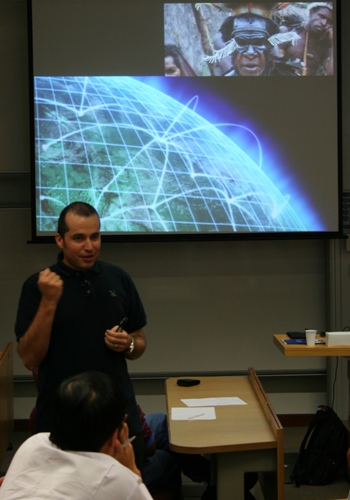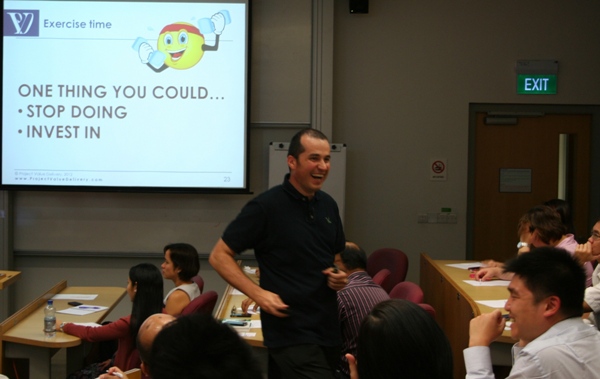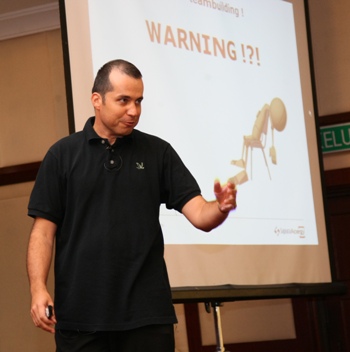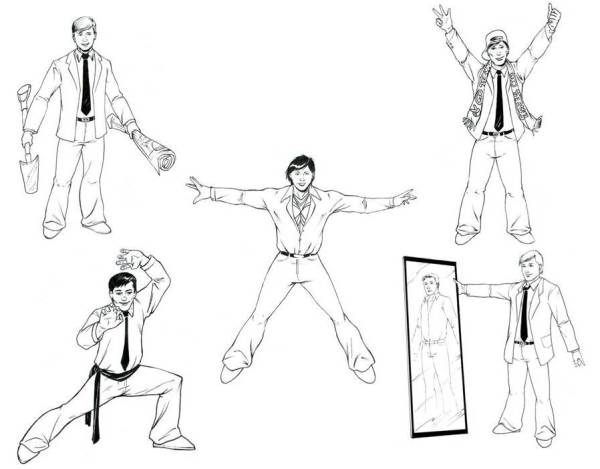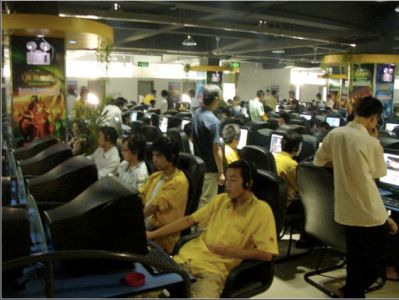Education is a key institution that will necessarily be fundamentally changed by the Fourth Revolution. Traditional education was created during the Industrial Age to produce people for Manufacturing. Still, today, the education model is already changing, deeply and more quickly than we think. And voices start to be heard on that topic.

Lately, high education had become a very profitable market and some countries like Australia openly develop Higher Education as a great activity sector that also serves to attract foreign currency and talents. Advertisements for Universities is at an all-time high in all South-East Asia countries! At the same time, the cost of education has soared, leaving many youngsters in deep education debt in countries like the USA.
How much is higher education a good investment? The model used to be that investing in a great university would be greatly profitable on the long term, over one’s career. That it would be the safest investment of all. It is not so straightforward today, of course. Some people like Peter Thiel announce that we are in a ‘higher education bubble‘ where education is overrated and its cost will collapse soon. In this article on “the education bubble has popped“, Doug French argues that the profitability of investing in (formal) education becomes more and more elusive as tuition soars and under-employment looms. He also gives some interesting numbers: tuition increasing four times quicker than inflation, more and more credit-based funding (education debt would have outgrown credit-card debt!).
Indeed as we have argued in this blog (see the post “Leave alone the academic executive programs. Go and learn real life leadership! It’s cheaper and better!“), it might be much more relevant today to seek education by creating one’s own startup rather than paying a high range MBA.
Good education was supposed to lead to good jobs, at least at the beginning of a career. More and more authors argue that 1) “jobs” in the traditional meaning of “slots inside an organization that provide a steady income” are disappearing; 2) to find good income in one’s occupation, other skills are needed than those that are supposed to be learnt at school. Daniel Jelski in this post “the three laws of future employment” states that
- Law #1: People will get jobs doing things that computers can’t do.
- Law #2: A global market place will result in lower pay and fewer opportunities for many careers. (But also in cheaper and better products and a higher standard of living for American consumers.)
- Law #3: Professional people will more likely be freelancers and less likely to have a steady job.
As a consequence his advice to students is quite different from what conventional education would advice: follow your passion, work your way into mastery (the 10,000 hours practice), and work on emotional connection and beauty.
The crisis in conventional education can be seen coming. If that is really a bubble, it will hit hard when it will burst. The Fourth Revolution is at work!
Thanks to Laurent Riesterer for pointing out the post “the three laws of future employment“



